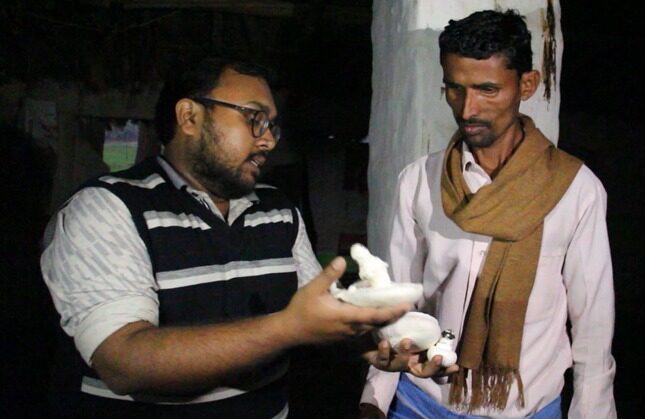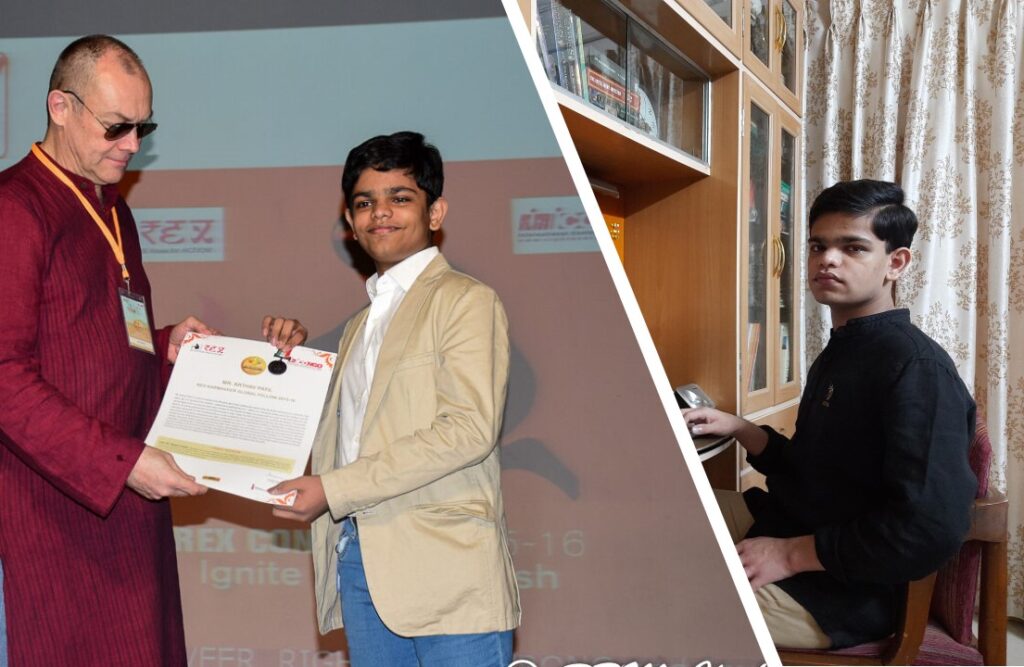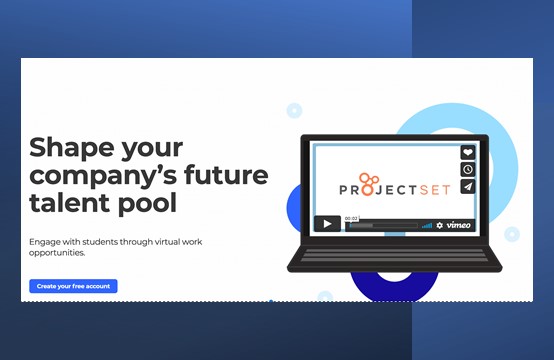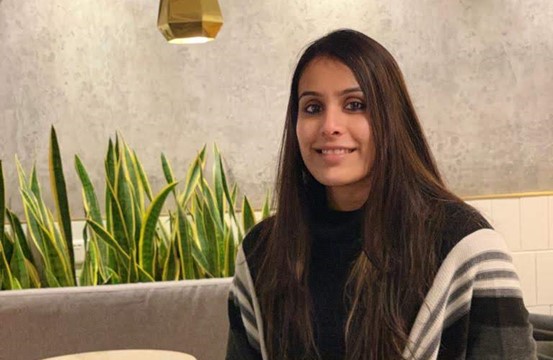This inspiring story is of a rising startup called ProjectSet started by Dhruva Banerjee in the education technology space, enabling students, employers, and educators. Here is the story of ProjectSet in Dhruva’s own words.
Introduce us to the idea of ProjectSet
We connect students, employers and educators and enable them to collaborate virtually on internships, hackathons and curriculum-based projects. These projects help students to build employability skills and allows employers to access a diverse pool of fresh talent and ideas.
Our product is about making the graduate talent pool work-ready and equipped with skills demanded by the future of work. To achieve this, our product offers a significantly greater scale, reach, and impact relative to existing solutions.
Presently, less than 10% of university students get an opportunity to participate in work-based learning programs; our solution is poised to double it in 3 years by enabling new employers – primarily SMEs and startups – to engage interns at an affordable cost and effort.
In addition, it helps large employers complement their existing internship programs by reaching out to a more diverse talent pool from universities they currently do not visit or recruit from.
Finally, our virtual, project-based engagement model ensures that students build the types of skills (e.g. digital, remote working, project management) that are most relevant to the future of work.
What’s your strategy story? What led you to start ProjectSet?
We started the venture because we saw a huge opportunity to impact a large community of students, by adopting a model that we have successfully used for over 25 years.
Formerly, as a strategy consultant, I had the first-hand experience of both the PROBLEM (i.e. the limited impact of fresh graduates in their jobs due to a lack of employability skills) as well as the SOLUTION (i.e. assigning fresh graduates to support authentic projects to develop their skills rapidly).
While I continued to hone the approach over the years, the convergence of three strategic trends presented a unique opportunity for our solution:
a) the increasing demand for skills in the future of work;
b) the “digitization” and “unbundling” of higher education models, notably with the growth of independent platforms such as Coursera, etc.
c) the emergence of smart technology infrastructure and platforms (i.e. smart devices, broadband, and cloud computing).
What marketing, operation strategies are you adopting? How are you cost-conscious?
ProjectSet markets to three distinct segments: a) students, b) employers and c) educators. We use a mix of different approaches and channels to reach our target segments; these include social media, events and product-led growth. We also selectively use campus ambassadors to support students communities in some campuses.
Any strategy mistakes you have made and what were your learning?
As an early-stage business operating in a complex, nascent marketplace, we have had many opportunities to test ideas that did not work. For example, we initially were selling our solutions to universities and quickly realised that the segment was not yet ready for our Industry 4.0 model; the end-users were not empowered to make purchase decisions while the nominated purchase decision-makers had a strong dis-incentive to promote our solutions. So we changed our revenue model.
Finally what advice you have for your fellow entrepreneur readers?
We have had a long list of learnings (and still counting). However, some of the key ones are:
a) Always validate and clearly articulate the end-user need that your product or solution addresses;
b) Initially focus on customer segments with clear sales process and ownership; else there is a high risk of wasting your precious sales resources on dead-ends;
c) Target and win at least one credible anchor customer (even at a super low price-point, if needed) to build a compelling use case that can shorten the sales cycle with other customers.
Check out stories of other aspiring Entrepreneurs
Also, check out our most loved Startup Strategy Stories below

How one man is enabling Rural India to be financially independent?
Mayank and his startup SumArth are transforming farming from an occupation to a respectful profession in rural areas of Bihar?

How Ajeet Khurana selects startups for investment and mentorship?
Ajeet Khurana has been a name quite synonymous with the Indian Startup space. The Strategy Story interviewed Ajeet Khurana to know his startup strategies

How a few professionals are reducing unemployment due to COVID-19?
Retain The Star has come up with Talent loan concept where a company provides its employees on a contract basis to other companies looking for similar skillset

How did one man leave a career of 25 years to live the “GREAT AMERICAN DREAM”?
Would you leave a comfortable life and a stellar career to start something? Read about Vivek’s journey to live the Great American Dream

Is there a right age to start your entrepreneurship journey?
Is there a minimum age into the entrepreneurship world? Guess not. Atharv Patil started his first venture at the age of 13. Find how?






